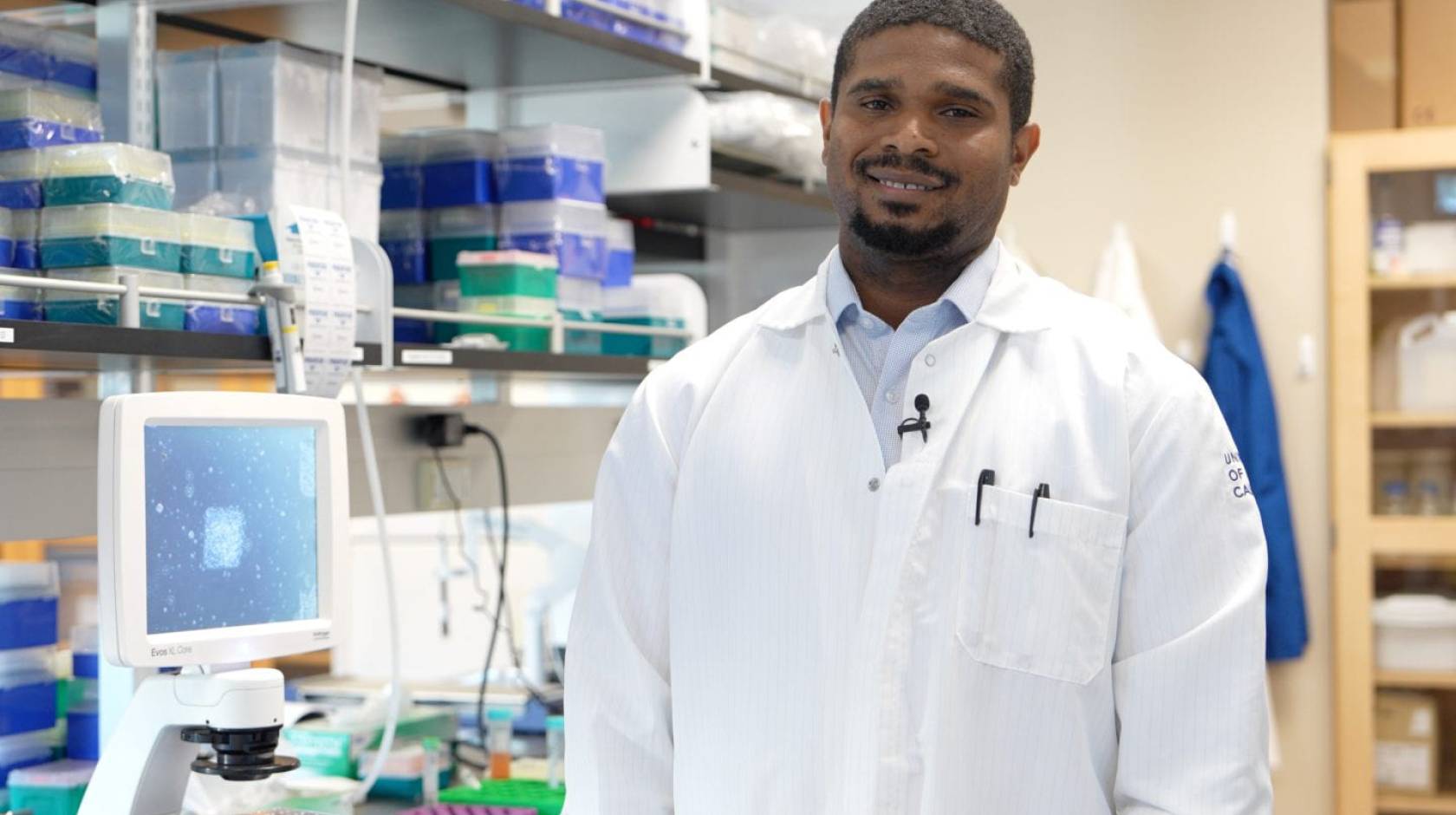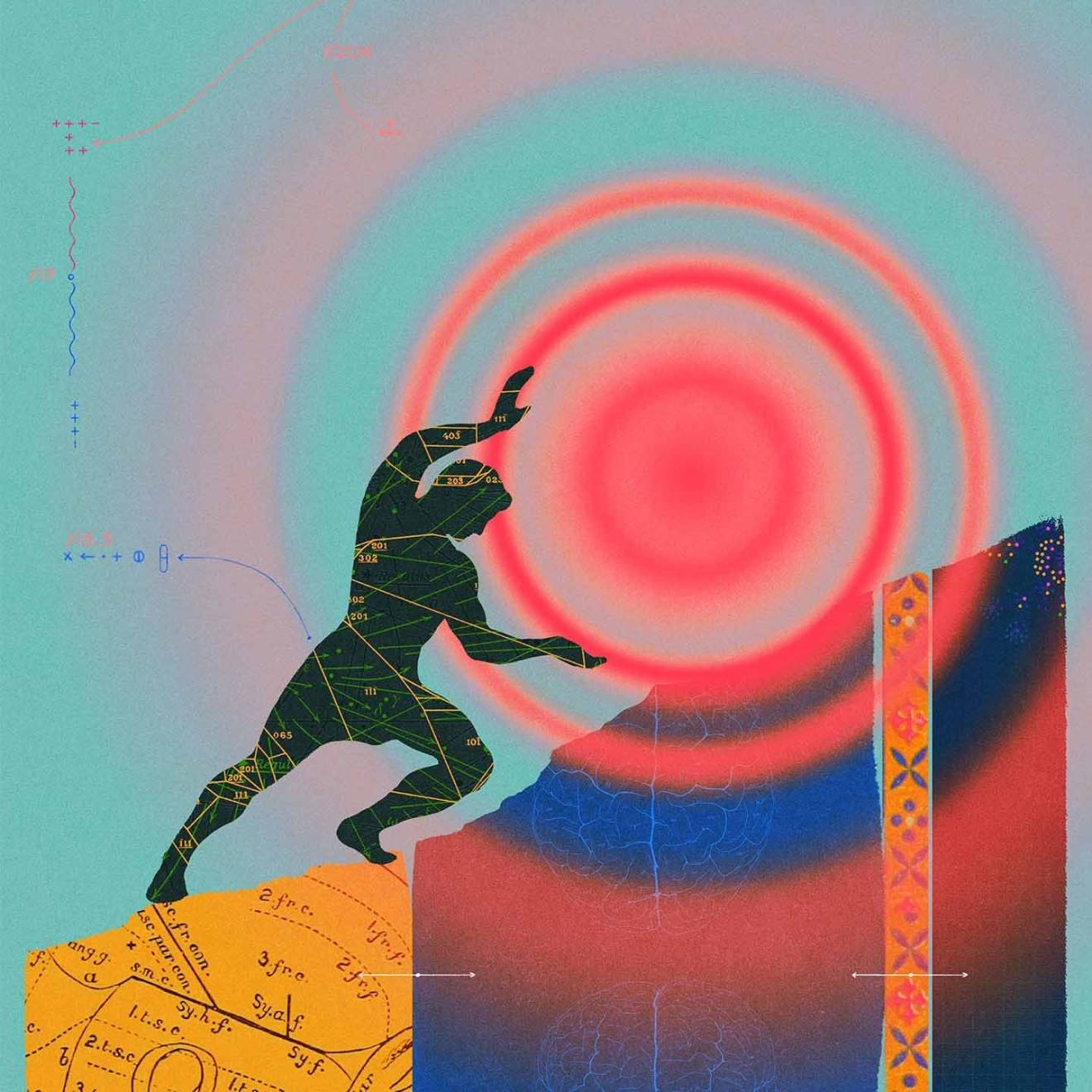UC Irvine

Popular Science recently chose Quinton Smith, UC Irvine assistant professor of chemical and biomolecular engineering, as one of its Brilliant 10 scientists “on the cusp of changing the world” for his research on growing tissue from stem cells to mimic human organs and see how they interact with drugs.
His work has mammoth implications for the development and testing of new pharmaceuticals, potentially making them safer and more effective for use in people, in addition to helping find cures for diseases such as cirrhosis and preeclampsia that disproportionately affect Latino and Black populations.
Smith and his team design small silicon chips with tiny channels filled with a gel concoction to coax the self-assembly of lab-grown blood vessels. He can then send liquids through these organ avatars to test reactions to drug therapies and understand how blood flow influences disease progression.
Popular Science describes his chip innovation as a “game-changing technique” in organ models. Smith says that blood vessels are essential in tissue engineering because they supply oxygen and nutrients to cells, which in turn could enable large groups of lab-grown structures to communicate and thrive.
He’s currently applying his method to investigate the causes of preeclampsia, a pregnancy complication that causes high blood pressure. It can be deadly for anyone but is especially so among Black women. Using lab-grown placenta-like cells, Smith is studying how an individual’s environment may contribute to inflammation in the placenta and interfere with blood vessels.
In this video, he discusses his groundbreaking stem cell engineering.

